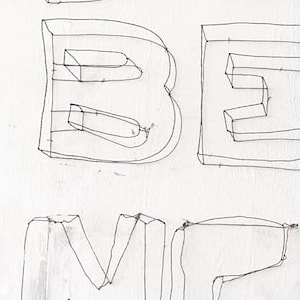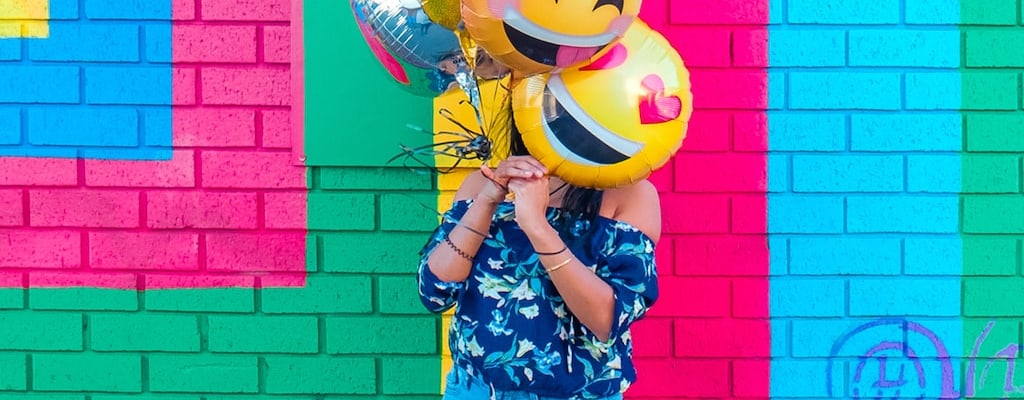glass-half-full: Idiom Meaning and Origin
What does ‘glass-half-full’ mean?
The idiom *glass-half-full* refers to having an optimistic outlook on life or a positive attitude, focusing on the positive aspects of a situation rather than the negatives.

Idiom Explorer
The idiom "rose-colored glasses" refers to a positive and optimistic perspective or viewpoint.
The idiom "keep one's fingers crossed" means to hope for good luck or success. It is often used when someone is wishing for a positive outcome or outcome of an event.
The idiom "keep one's chin up" means to remain cheerful and optimistic in a difficult or challenging situation. It encourages maintaining a positive attitude and not allowing oneself to be discouraged or defeated by adversity.
The idiom "it's all good" is used to express that everything is okay or there are no problems. It is often used to reassure others or to indicate that there is no reason to be worried or concerned.
The idiom "it is what it is" is used to accept and acknowledge a situation or problem that cannot be changed or controlled. It emphasizes acceptance of reality and encourages focusing on the present moment rather than dwelling on things that cannot be altered.
The idiom "if nothing else" is used to emphasize the sole positive quality or result when everything else may not be satisfactory.
The idiom "heart of glass" is used to describe someone who is emotionally fragile or sensitive, often referring to someone who is easily hurt or vulnerable.
The idiom "have eyes bigger than one's stomach" means to take or desire more than one can actually consume or handle.
The idiom "have a good time" means to enjoy oneself or to have an enjoyable experience.
An idiom that describes a situation where something unexpectedly turns out to be successful or advantageous, despite initial expectations. The outcome is usually positive, but may also involve a degree of unpredictability or chaos.
The Optimistic Perspective
The idiom "glass-half-full" is a well-known expression in the English language.
When used in a literal sense, the idiom refers to the idea of looking at a glass that is half-filled with a liquid.
The idiom "glass-half-full" has become a part of everyday language and is frequently used in various contexts.
According to linguistic research, the idiom has become deeply ingrained in the English lexicon and has taken on additional connotations and nuances.
The idiom "glass-half-full" has also become a subject of study in psychology and sociology.
While the idiom "glass-half-full" conveys a sense of optimism, it also acknowledges the existence of challenges or difficulties.
Overall, the idiom "glass-half-full" represents the power of perspective and the importance of cultivating an optimistic outlook.
The idiom "glass-half-empty" is often contrasted with its counterpart, "glass-half-full," which denotes a pessimistic or negative viewpoint.
The idiom "rose-colored glasses" is another related expression that is often used to describe a person who sees only the positive aspects of a situation or ignores the negative.
The phrase "glass-half-full" is often contrasted with its counterpart, "glass-half-empty," which denotes a pessimistic or negative viewpoint.
The idiom "rose-colored glasses" is often used to caution against excessive optimism or idealism.
Example usage
Examples of how the idiom "glass-half-full" can be used in a sentence:
- Even though she lost her job, she remained optimistic and saw it as an opportunity to pursue a new career. She truly embodies the glass-half-full attitude.
- Despite the rainy weather, he focused on the fact that it meant the plants in his garden would receive much-needed water. His glass-half-full perspective always shines through.
- When faced with a difficult situation, she always looks for the silver lining. Her glass-half-full outlook helps her stay positive and find solutions.
More "Optimism" idioms



